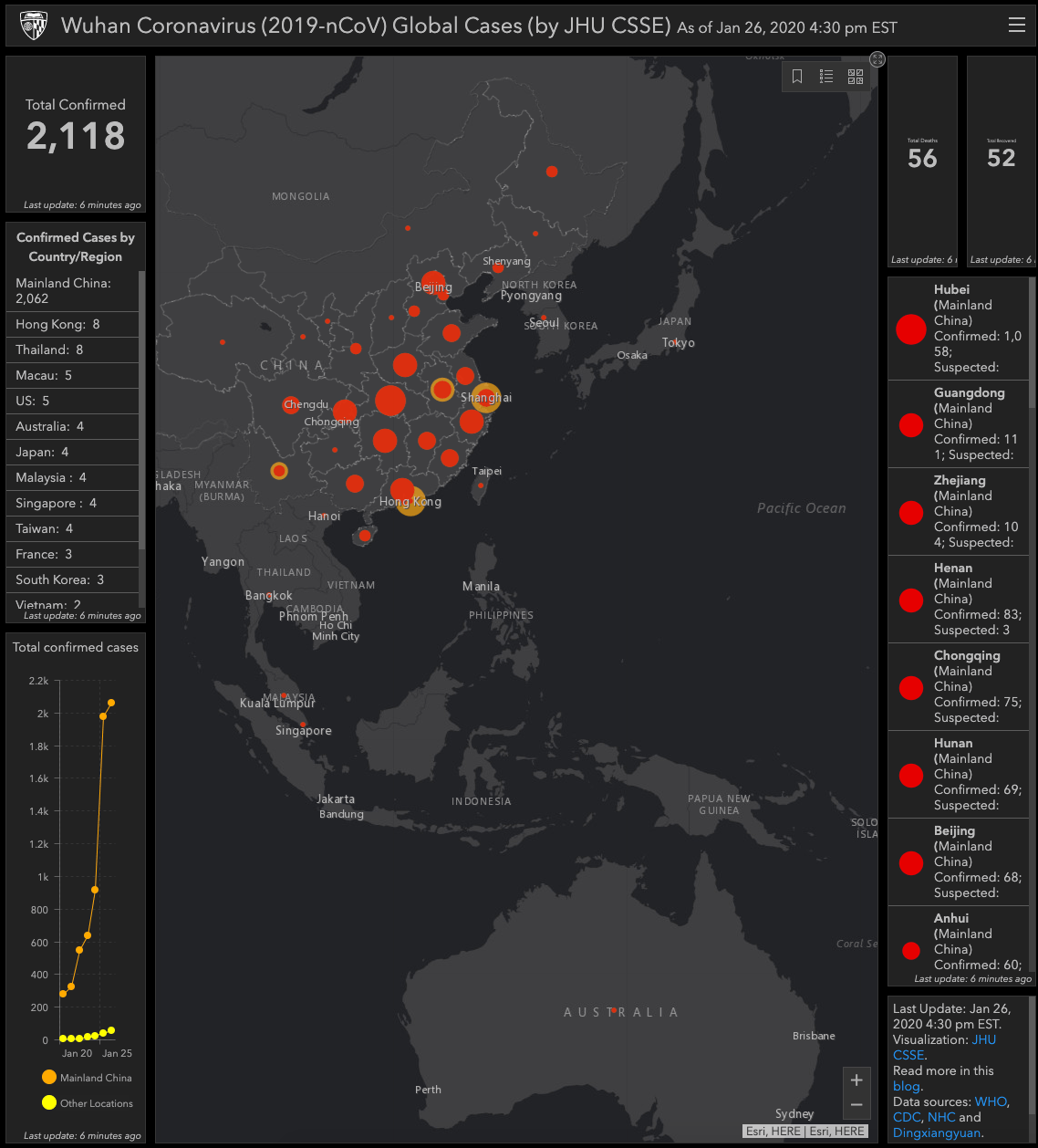NASSAU, BAHAMAS – The novel coronavirus (2019-nCoV) in China has claimed the lives of at least 56 people as the government continues to monitor the outbreak in China.
This comes as Chinese officials lock down the city of Wuhan, where the virus was first detected, halting public transportation and suspending outbound flights and trains.
Parents and relatives of Bahamian students studying in China have expressed growing concern over the safety of their children, calling on the government to evacuate the students from the country.
However, in a statement on Saturday, the Ministry of Foreign Affairs advised that it, along with The Bahamas’ Ambassador to China, was monitoring the spread of the virus.
“There are nine Bahamians who are undergoing higher level studies in Wuhan,” the statement read.
“However, as the schools are on break, only five students are currently in Wuhan.
“The ambassador and his staff are in close contact with these five Bahamian students, as well as all students and nationals in China.
“The students in Wuhan are safe, and they have been advised to comply with all safety and security advisories issued by the Government of China”
The ministry noted that it will continue to monitor the situation closely and update the public as needed.
The World Health Organization (WHO) has decided not to declare the matter a public health emergency at this time.
According to the Center for Systems Science and Engineering (CSSE) at Johns Hopkins University, there were 2,118 confirmed cases of the virus worldwide as of yesterday.
Of that number, five cases have been found in the United States, one in Canada and four in Australia.
The coronavirus is from the same family of viruses as the deadly severe acute respiratory syndrome (SARS) and has been categorized as “a new strain that has not been previously identified in humans”.
The Caribbean Public Health Agency (CARPHA) has recommended that member states do not conduct entrance screening at ports of entry at this time, noting that passengers would have already been screened when exiting the Wuhan area and upon arrival in the U.S.
“Member states are recommended to capture information on travel history using the Passenger Arrival Card or survey, for all new arrivals,” the organization advised.
“Arrivals that have recently traveled to China, especially in the Wuhan area, should be questioned for symptoms and advised to be vigilant for onset of those symptoms and seek immediate medical attention at a public health facility.”
Yesterday, Health Minister Dr. Duane Sands said the government must be “evidence based” in its interventions, “notwithstanding the fear”.
“We can do a lot,” Sands told Eyewitness News Online.
“But much of what we do will be for show and could potentially create panic.
“Health, Ministry of Foreign Affairs and [Ministry] of Tourism have been and should continue to work together.”
Sands said his ministry is also continuing to monitor the situation and are liaising with its international public health colleagues.
“We are trying to provide some perspective,” he said.
“Every day, more people die from a viral disease spread in the same way, preventable with a simple shot.
[I’m] talking about Influenza; preventable and treatable but not sexy so we ignore it.”
He added that The Bahamas has to be very cautious how it handles the matter.
“This may become Armageddon like, but it does not seem to be,” he said.
“The Chinese have adopted draconian public health interventions and restrictions never seen before.
“They are to be commended for their efforts.”
On December 31, cases of pneumonia of “unknown cause” were detected in Wuhan City, Hubei Province of China.
A novel coronavirus has since been identified as the causative virus by Chinese authorities.
Common signs of infection include respiratory symptoms, fever, cough, shortness of breath and breathing difficulties.
However, in more severe cases, infection can cause pneumonia, severe acute respiratory syndrome, kidney failure and even death.
The Pan American Health Organization (PAHO) has urged countries in the Americas to be prepared to detect early, isolate and care for patients infected with the virus.






